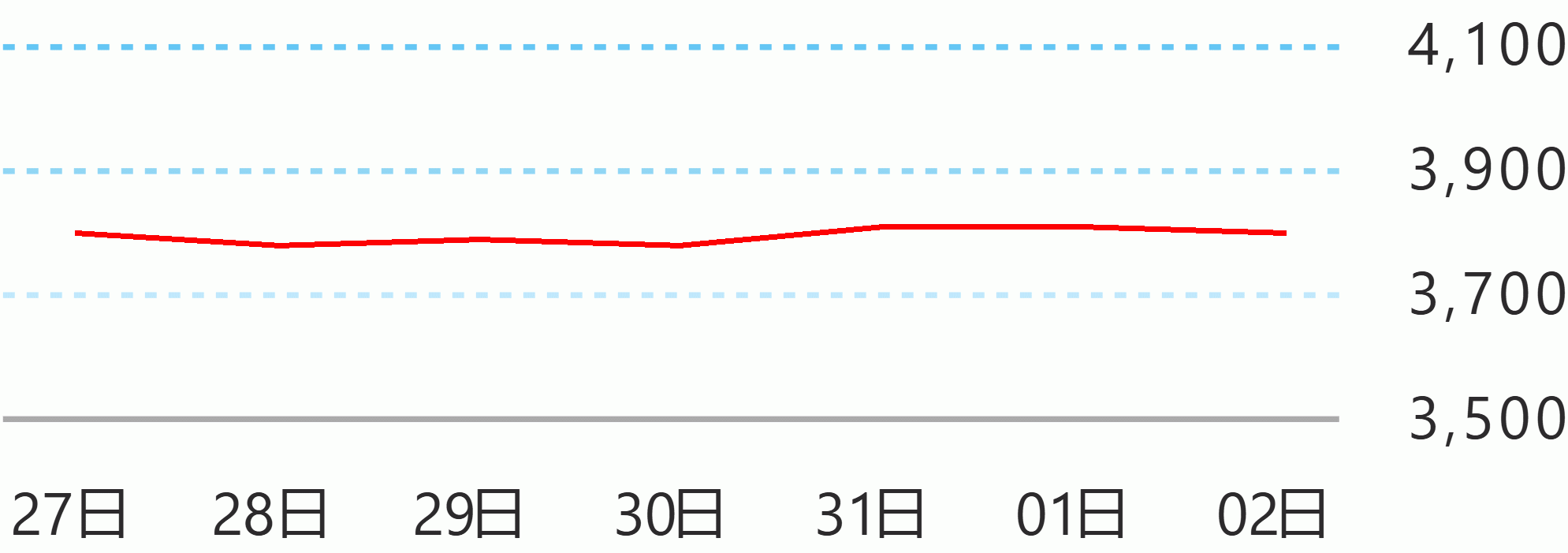Central Luzon State University (CLSU), in collaboration with Tamagawa University in Japan, kicks off a five-year research project for a sustainable farm management system of cacao and banana seen to boost the Philippines’ efforts to curb hunger and promote environment-friendly food production.
The Development of Novel Disease Management Systems for Banana and Cacao project is implemented under the Japan International Cooperation Agency (JICA) Satreps initiative or Science and Technology Research Partnership for Sustainable Development.
Satreps is implemented through joint research between Japanese universities and research institutions with universities from partner countries like the Philippines.
Project sites identified are Cagayan Valley, Bicol, Western Visayas, Northern Mindanao, and Davao.
The project is also supported by Japanese institutions, such as Mie University, Tokyo University of Agriculture and Technology, Nihon University, Tokyo University of Agriculture, Forest Research and Management Organization, Unifrutti Japan Corporation and Bayer Crop Science KK.
“The COVID-19 pandemic has disrupted supply chains and worsened hunger for many countries. This research on sustainable farming practices on banana and cacao in the Philippines will not only support the livelihood of Filipino farmers. The research will also study environment-friendly and sustainable ways of producing banana and cacao, seen as growth drivers in local agriculture sector,” said JICA Philippines Senior Representative Ohshima Ayumu.
According to the Philippine Statistics Authority, banana exports fell by 10.7 percent in the first seven months of 2020. This decline in exports is attributed to the raging Panama disease affecting banana farms and plantations in Mindanao
The project will introduce an integrated technology system to help farmers address major crop diseases in banana and cacao through disease examination, forecasting outbreak, and environment-friendly cultivation methods.
There will also be study visits in Japanese universities as part of the project’s capacity building of Filipino researchers and government officials.
“Hopefully, the project will also help the Philippine agriculture sector adopt environment-friendly disease management practices, and maintain the sector’s economic viability,” said Ohshima. JICA





 English
English










